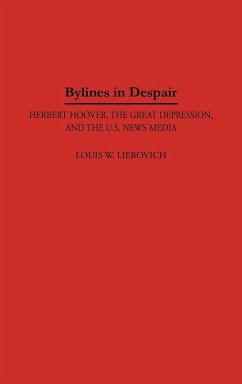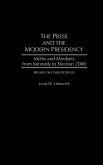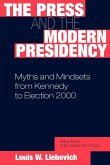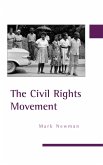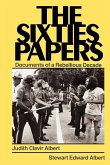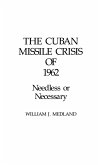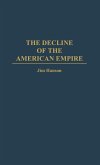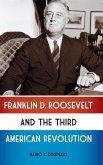Through a long public life and short presidency, Herbert Hoover carefully cultivated reporters and media owners as he rose from a relief administrator to president of the United States. During his service to government, he held the conviction that journalists were to be manipulated and mistrusted. When the nation fell into economic disaster, Hoover's misconceptions about the press and press relations exacerbated a national calamity. This book traces the entire history of Hoover's relationship with magazines, newspapers, newsreel organizations, and radio, and demonstrates how an attitude toward the U.S. press can help or hinder a public figure throughout his career. The book draws upon diaries of Hoover aides, oral histories from journalists and other media figures, newspaper and magazine clippings, radio broadcasts, newsreels, public documents, archival manuscripts, and a plethora of published secondary books and articles. This may be the most complete and best-documented study of a single president and the media.
Hinweis: Dieser Artikel kann nur an eine deutsche Lieferadresse ausgeliefert werden.
Hinweis: Dieser Artikel kann nur an eine deutsche Lieferadresse ausgeliefert werden.

